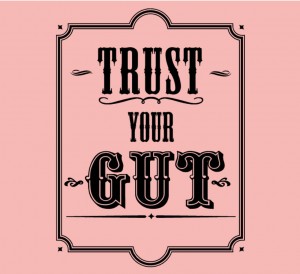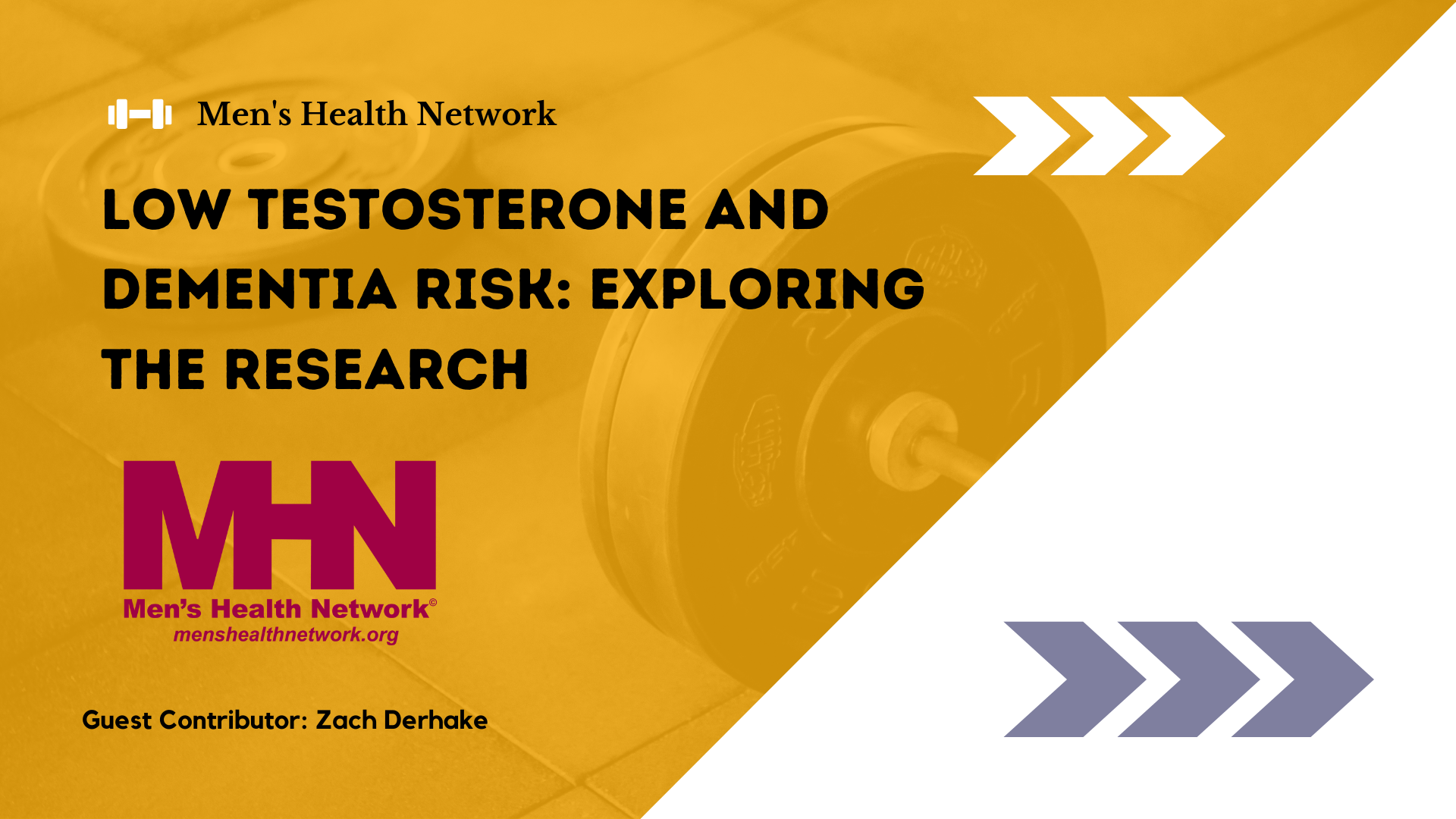There is a lot of “information” out there nowadays. It all started way back when we humans started talking. Then came the written word, and then television, and now it’s the world-wide-web, that great wellspring of all things knowable. Thomas Jefferson considered information the “currency of democracy,” and Ronald Reagan termed it the “oxygen of the modern age.” Where would we be without it?

Infomaniac
Although I love information as much as the next guy, I have a finer line to draw when thinking about it: Information is helpful, but good information is powerful. This is no more evident than in my line of work when counseling couples about their family building options after having a vasectomy. Do they reverse the vasectomy and try to make babies at home? Or, do they keep the vasectomy, get some sperm from behind it, and add in some high tech like IVF-ICSI to bear children?
Get the Goods
The Internet can provide couples with plenty of “information” on this topic. You can find out who thinks they’re the best surgeon or the best IVF group. You can find out who does what nearest you. You can find bargains and sales. You can find out what others have done and would do in your situation. You can even find those who will tell you what you should do. Yet, it’s as if you’re left staring at a line of 30 washing machines at a superstore, wondering which one’s right for you. Something better is needed here.
You’re Number One
The essence of good medical information is that which is not only authentic and valid, but also personalized. Numbers and facts that apply to you, not to your neighbor, and not to the average person. Well counseled, vasectomy reversal patients should know whether they are good surgical candidates for reversal or retrieval. A guy on anabolic steroids or swimming in hot tubs every week will have impaired sperm production and is likely to fail both procedures. Be nice to know that before you start. Couples should understand the surgeon-specific success rates for both reversal and sperm retrieval as well as IVF clinic-specific success rates. And couples need to know the clinic-specific costs for everything to calculate the value (quality divided by cost) of each option. Many couples benefit from knowing the time to pregnancy and the chance of multiple gestations (twins or triplets) either way, as “instant” families may not be on the family building agenda.
Gut Decisions
When all is said and done, and their information buckets are piled high with meaty facts and figures, it’s amazing what patients do next. Maybe it’s only me, as I try to never tell patients what they should do. Empowered with knowledge, they go deep and draw on their “gut feelings” to help them decide. “Honey, I just want to do it naturally,” or “IVF scares me but sex doesn’t,” or “I need a baby as fast as possible,” or, “I wouldn’t want to hurt you by putting you through that surgery,” or “Would you really do that for me?!” Then, as if by magic, out of this combo-punch of well-informed feelings, a clear-eyed decision arises. To me, a surgeon who wants the baby pictures as much as they want the babies, its scary how successful outcomes can be when decisions are based on rock solid information.
Cross-posted from Turekonmenshealth.com




Very relevant article. We live in a new information age, where we are constantly on the look out for new information and searching for updates. We live on our smartphones, tablets, and computers and feel lost or incomplete when they break or become lost. I like how you decipher between information and good information. Some information is not useful or beneficial to know, while other information can truly benefit one’s daily life. “Informtion overload” affects everyone, where each person is simply exposed to too many useless facts. Maybe we should take the time to reconsider some of the information we take in, and decide whether it is worthwhile for our consideration.